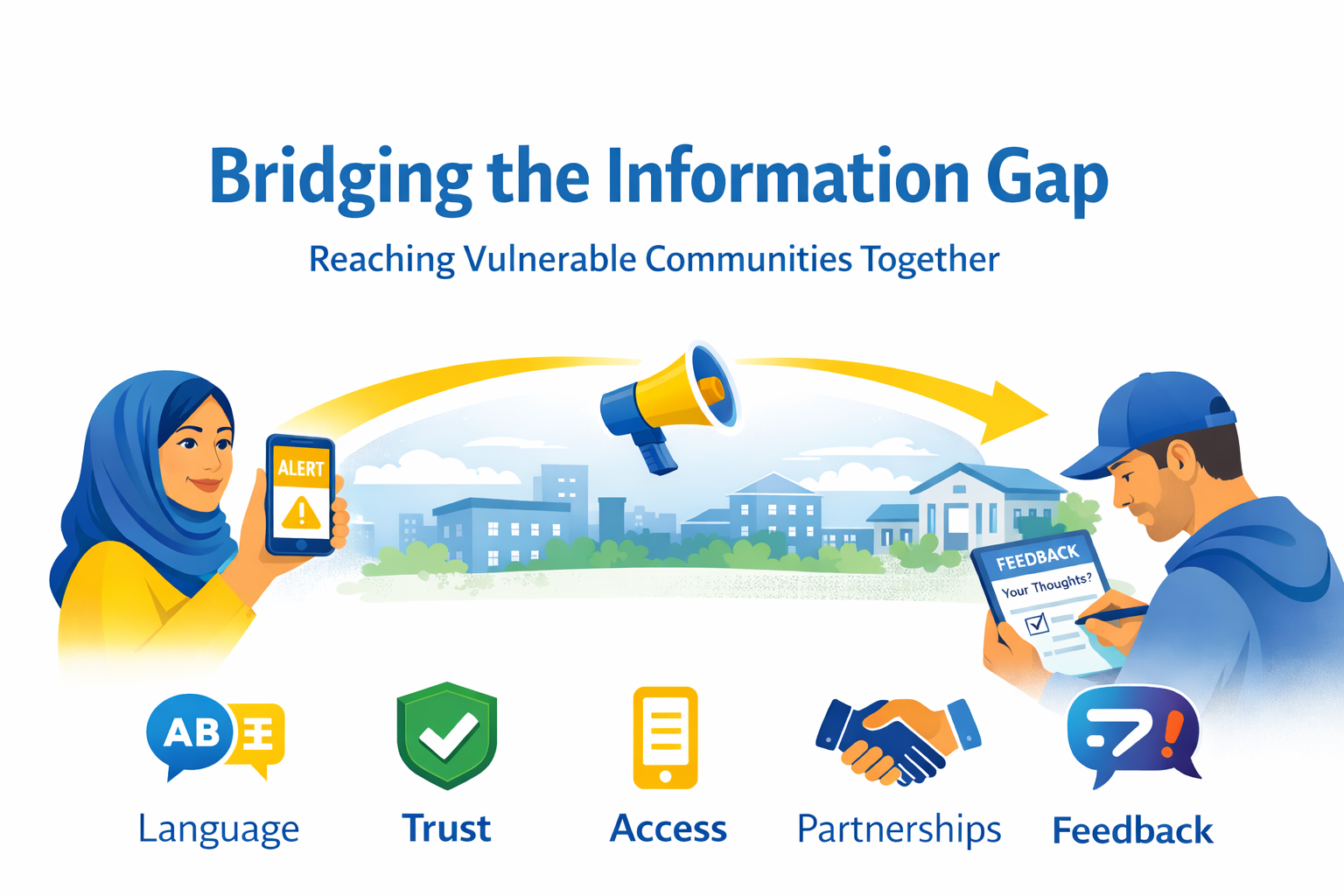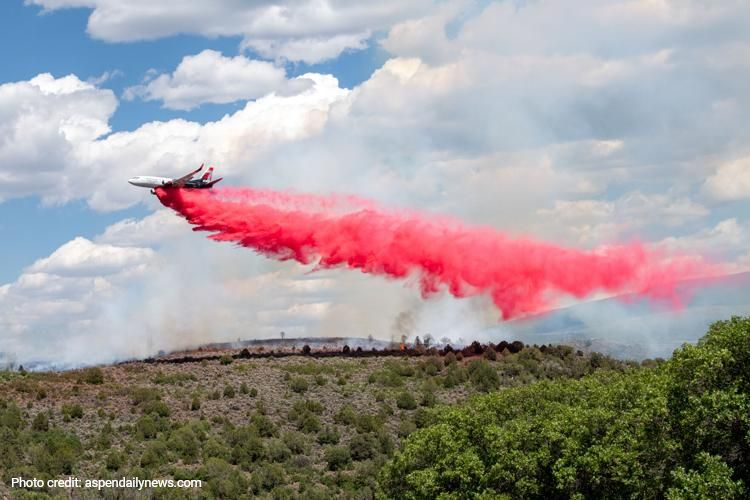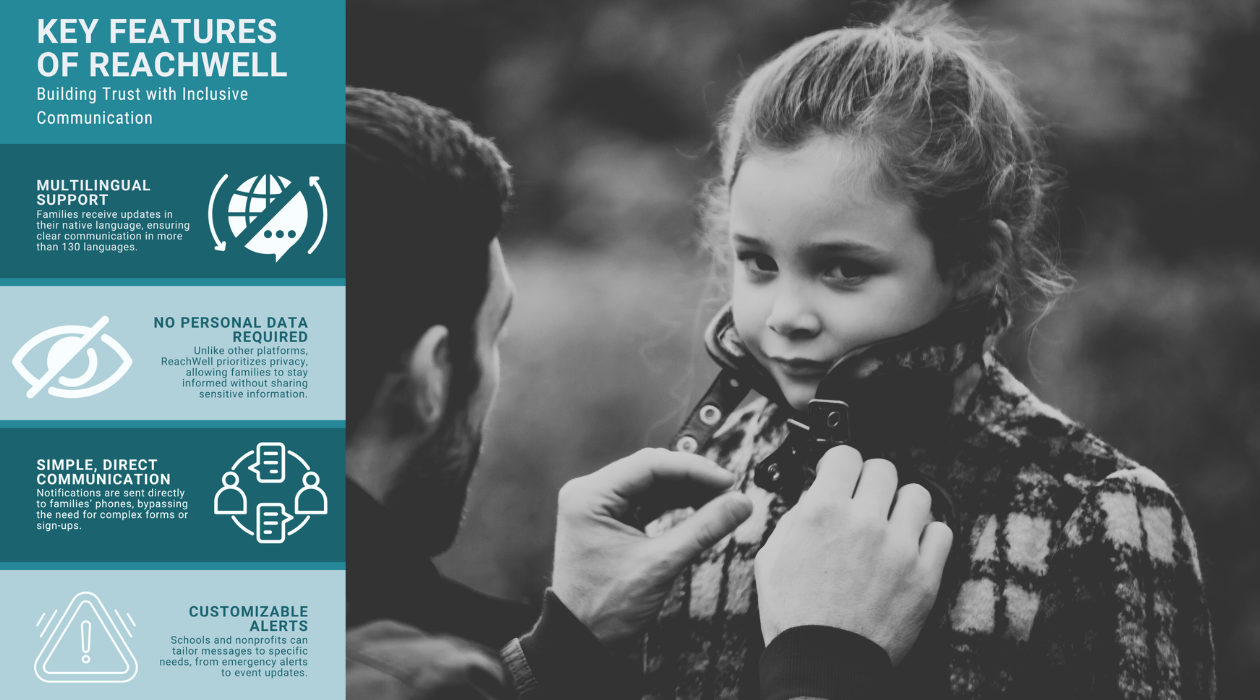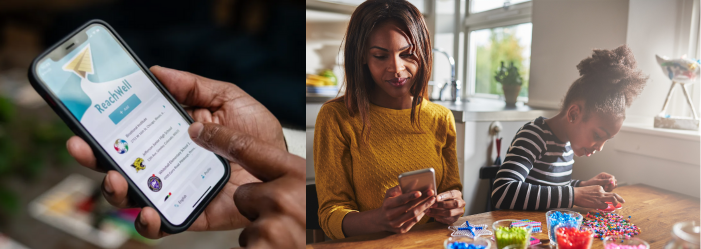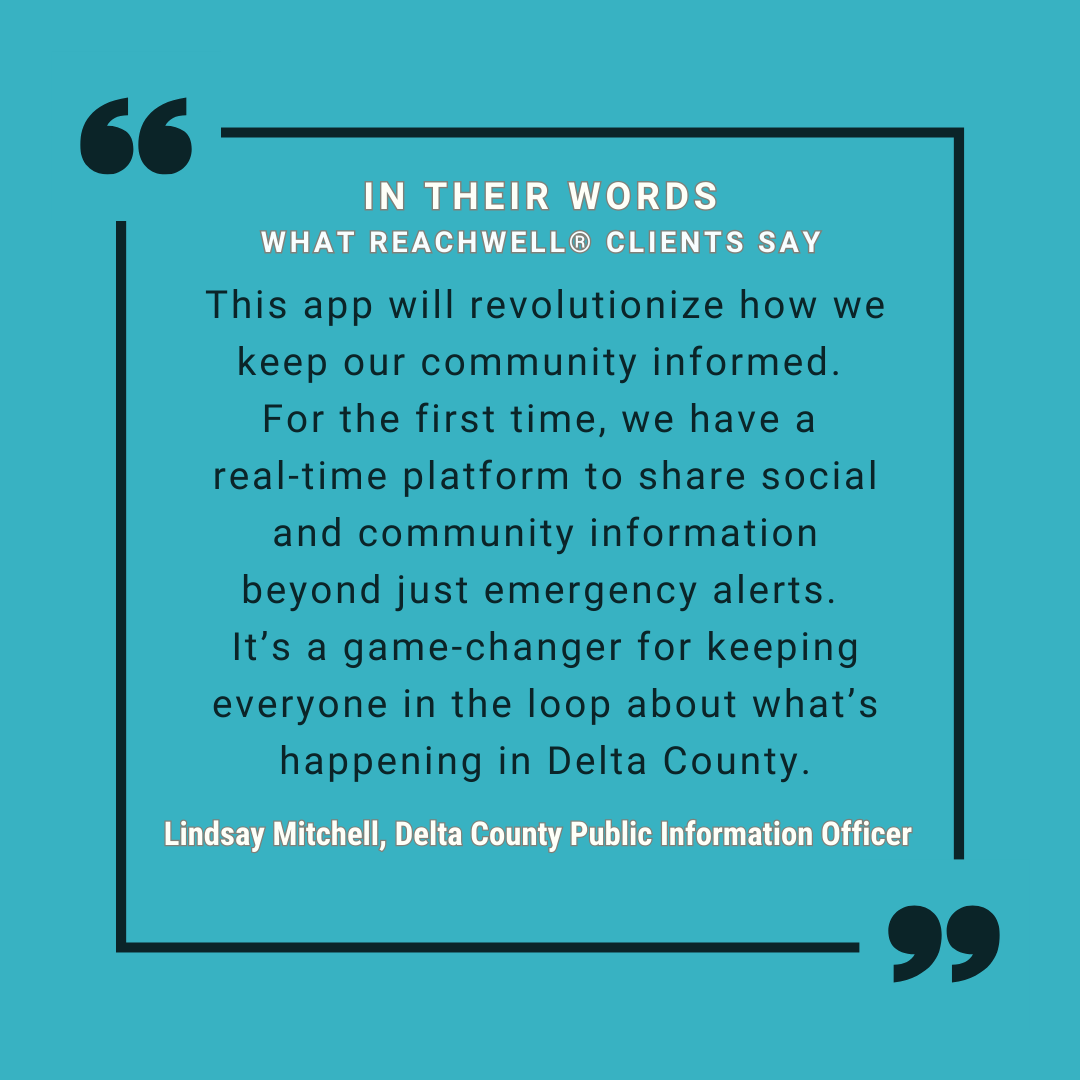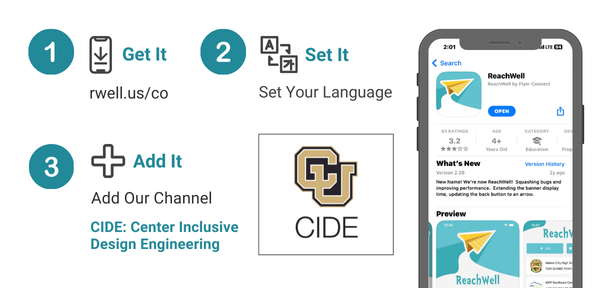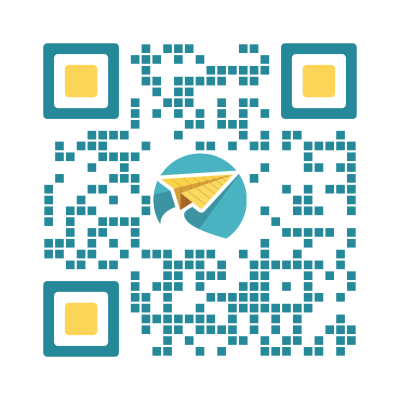Reach Everyone. Control the Message.
Why Communication Without Gaps Is the Future of Public Engagement

Every agency, housing authority, nonprofit, and school system believes they’re engaging their community. They send emails, build opt-in lists, launch text campaigns, and post to social media.
But the truth is simple: those systems all leave people behind.
Disconnected phone numbers. Unchecked email inboxes. Families who can’t read English, or who can’t read at all. Neighbors who distrust the government and won’t hand over personal information.
These aren’t minor inconveniences. They are life-and-death barriers in emergencies and trust-breaking barriers in everyday services.
At ReachWell, we believe the future of public engagement has no gaps. That’s why our mantra is simple:
👉 Reach Everyone. Control the Message.
Why Current Systems Fail
- Opt-in sign-ups miss the hardest-to-reach. Low-income residents with unstable phone service, migrant families with language needs, and undocumented neighbors who won’t share personal information simply don’t make it onto lists.
- Social media promotes ads, not accuracy. Your message competes with algorithms, distractions, and comment sections that distort what you’re trying to say.
- Email and SMS tools collapse under real-world conditions. Phone numbers change, emails go unchecked, and translation is never built-in.
The result? Communication gaps. And those gaps carry consequences your community cannot afford.
How ReachWell Closes the Gaps
- Inclusive by Design: Every message is automatically available in 130+ languages, with text-to-speech for low-literacy audiences and voice calls for residents who still rely on landlines.
- Privacy-First: Residents don’t need to hand over personal information. Even the most distrusting or undocumented families can subscribe safely and anonymously.
- Multi-Channel Distribution: Messages can be delivered in their language by app, text, email, voice call, websites, and social—all at once.
- Message Control: Unlike social platforms, there are no public comment threads that spiral out of control. Responses are private, secure, and fully translatable.
- Community Growth: When one organization joins, the whole community benefits. Followers discover and connect with other local agencies, multiplying reach across networks.
Case Studies: What Inclusive Communication Looks Like
🚨 Emergency Response: Carbondale, CO (Coulter Creek Fire)
When flames swept through Carbondale, alerts from the fire district went out in multiple languages. Families who would have been excluded had clarity when it mattered most. As neighbors received updates, more than 200 new subscribers joined the town's channel in just days. One agency’s outreach became another's community gateway.
🌍 County-Wide Alerts: El Paso County, CO
Shelter-in-place orders and missing persons alerts now reach residents in 130+ languages—even those who never gave the county their phone number or email.
🏘️ Housing Stability: Boulder County Housing Authority
Disconnected phones used to cut tenants off from critical updates. With ReachWell, residents stay informed about emergencies, maintenance, and services—even after their contact information changes.
📚 Inclusive Education: Adams 12 Schools (McElwain Elementary)
For years, Emma Gonzalez Gutierrez struggled to engage with her children’s teachers. This year, she finally got messages in Spanish—including one about her daughter winning a classroom award. She was able to show up and surprise her child.
“It was very exciting. It was so valuable that she was able to let me know. It’s been such a gift for me.” – Emma Gonzalez Gutierrez, Parent
👩🏫 Trusted Staff Communication: Tucson, AZ Head Start
More than 500 staff receive HR notices, safety alerts, and training reminders in their preferred language—strengthening trust and improving retention.
The Big Idea: Engagement Without Gaps
Engagement without gaps is the only real engagement.
- Communities thrive when everyone is included.
- Agencies build trust when they own the message.
- Local ecosystems grow stronger when organizations lift each other up.
That’s the ReachWell difference.
👉 Reach Everyone. Control the Message.
Your community can’t afford to leave anyone out. In an emergency, that gap could cost lives. In everyday services, it erodes trust.
See how your agency, housing authority, or nonprofit can join the movement toward inclusive, gap-free communication.
Book a discovery meeting today.




